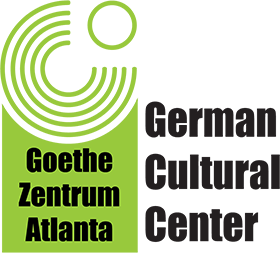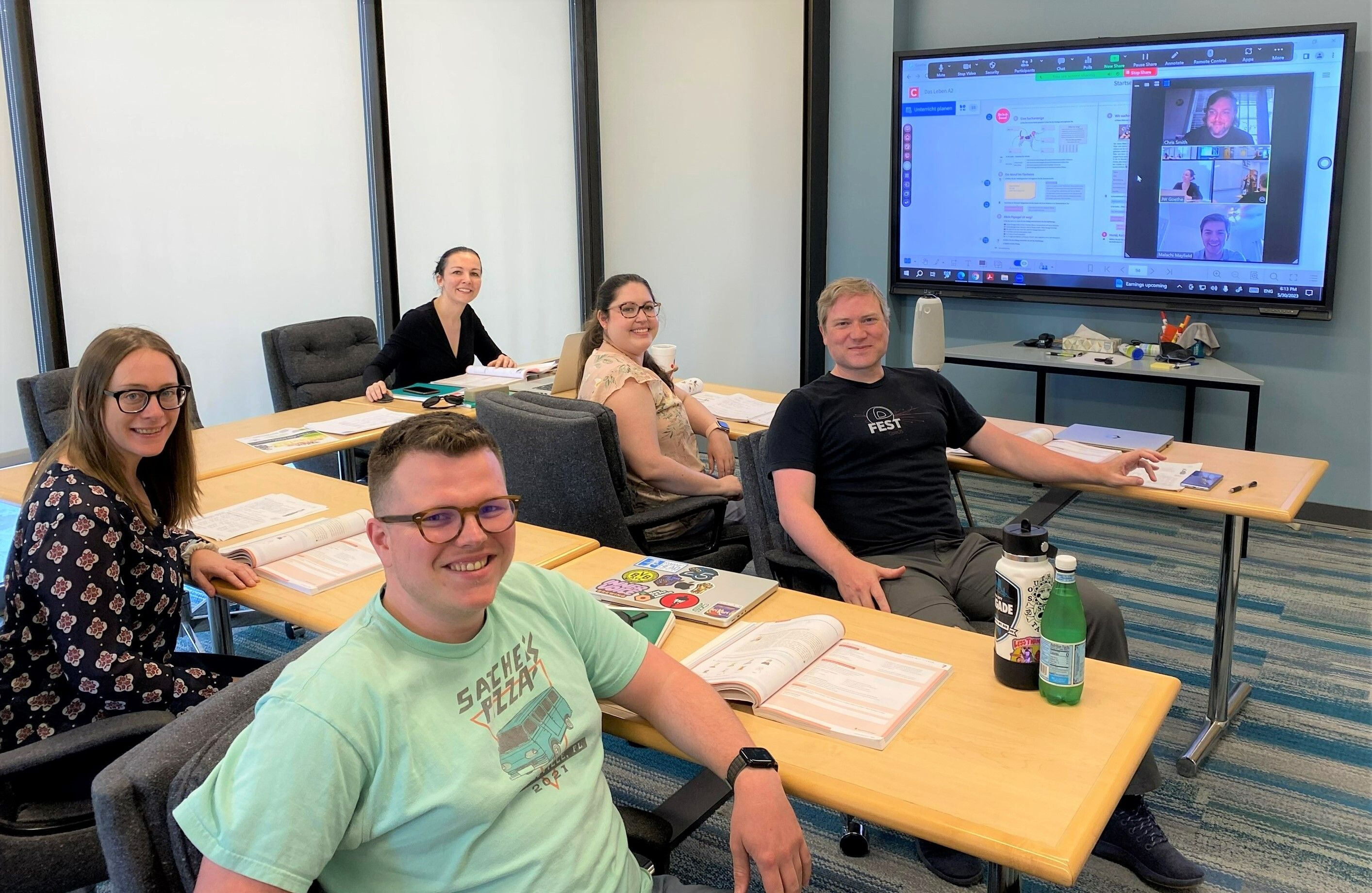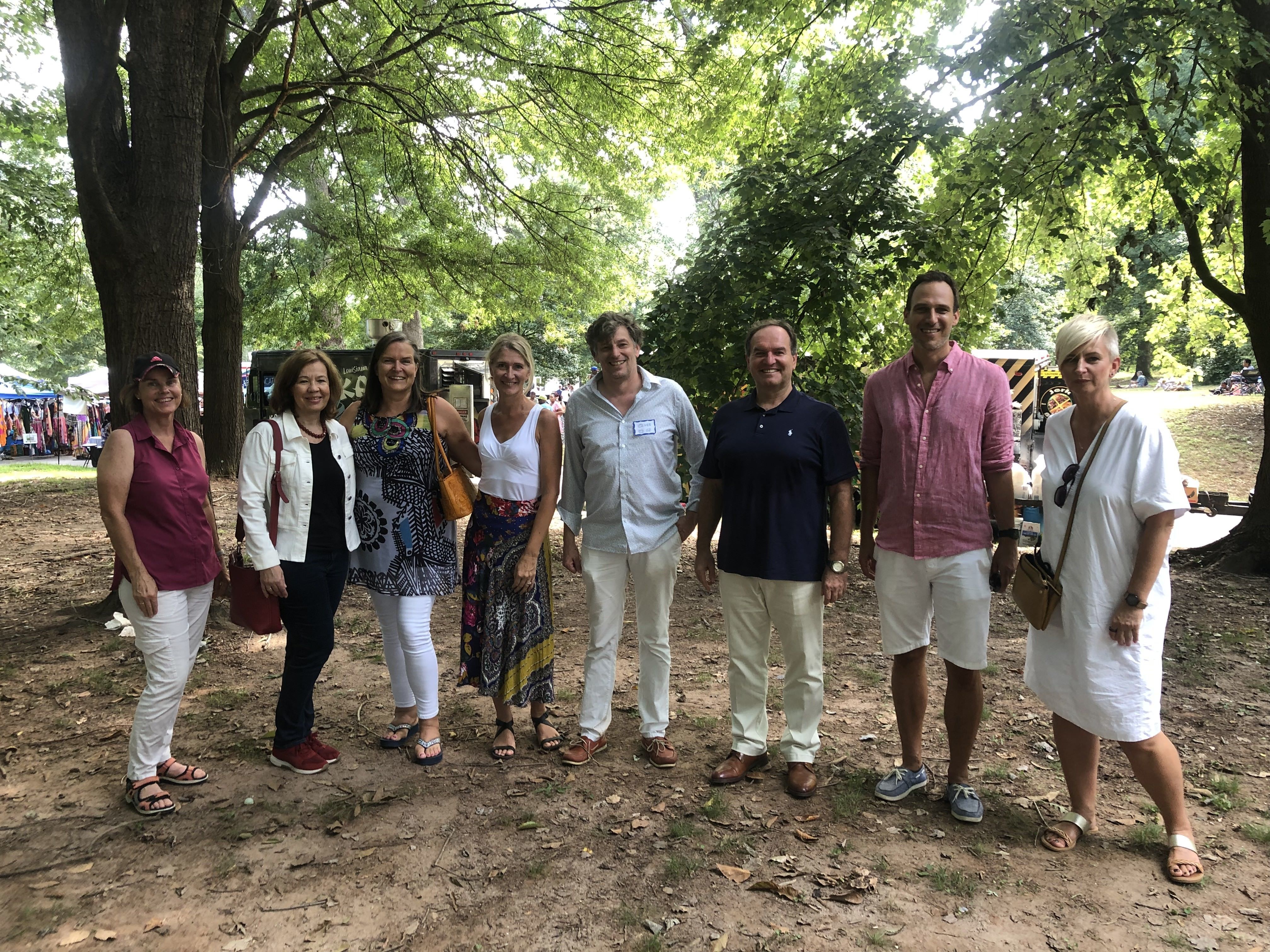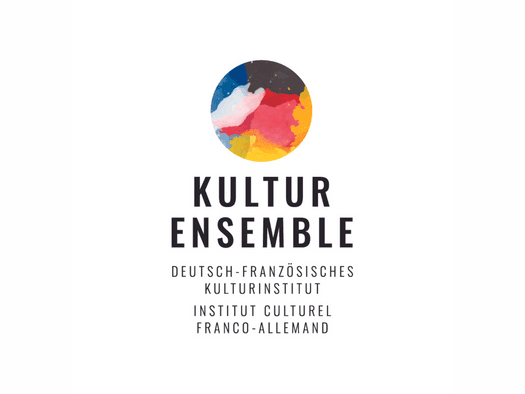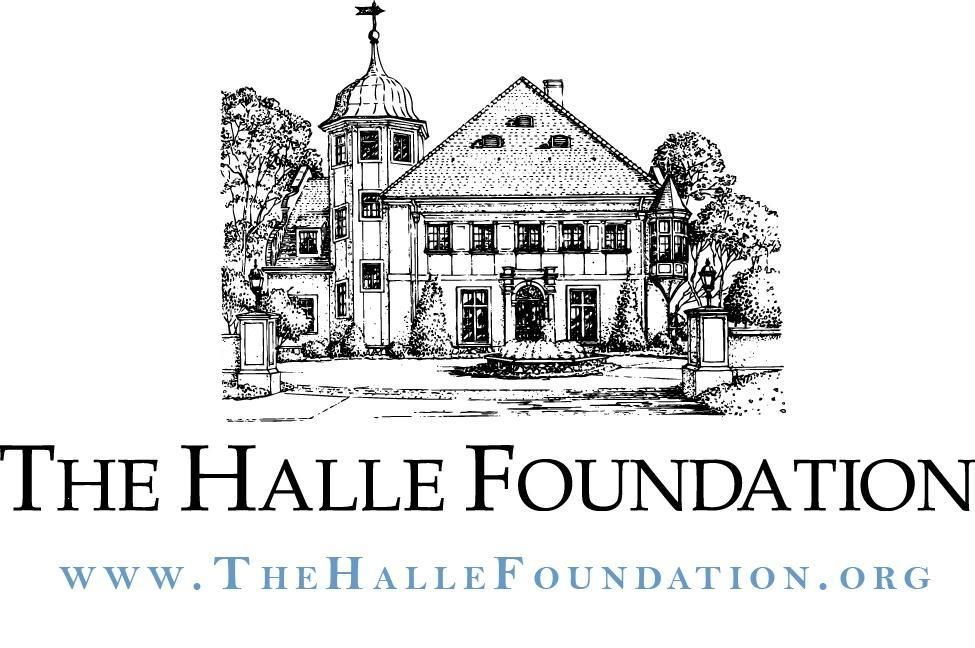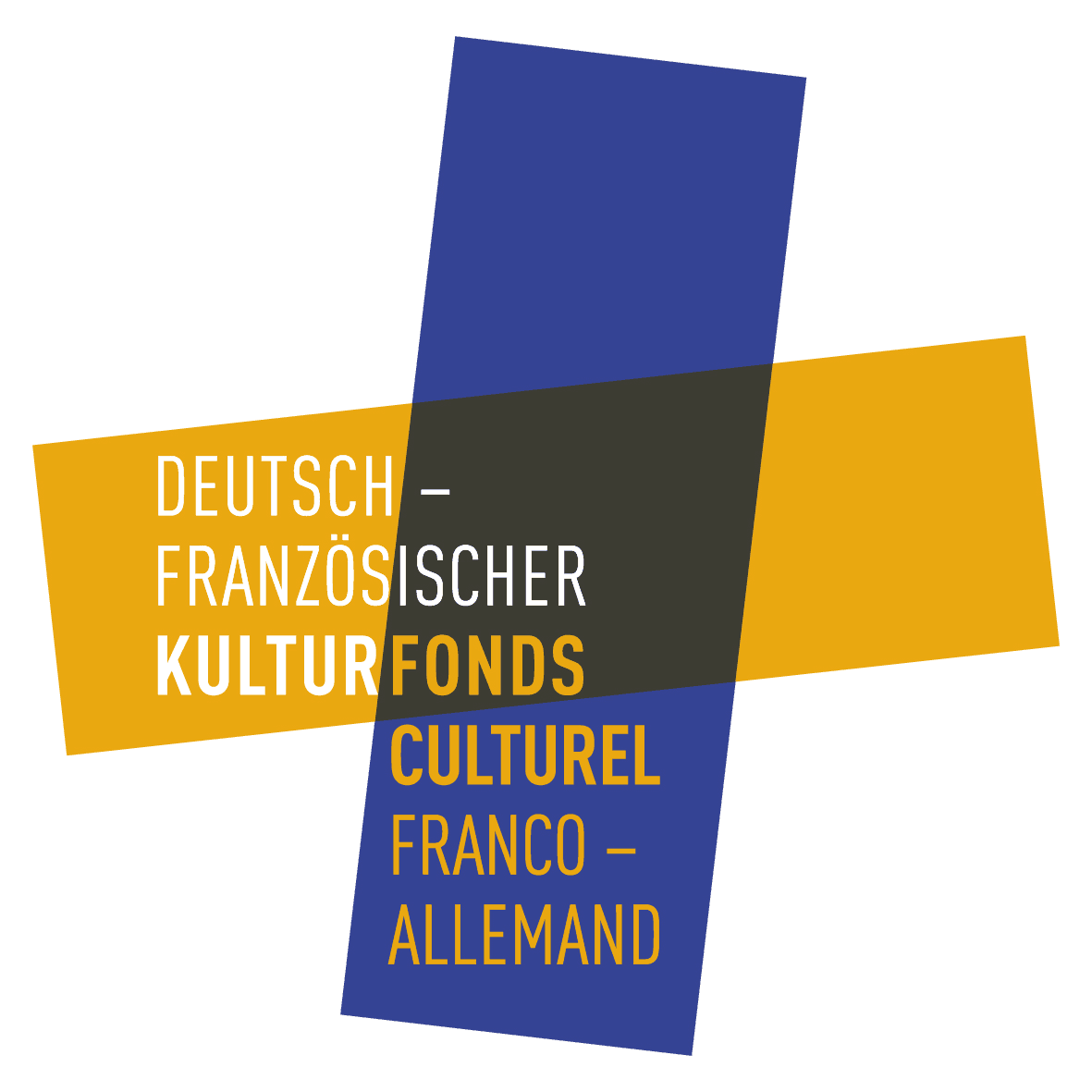Event Calendar
A Note on Opera: Wagner's "Parsifal"
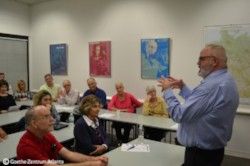
Wagner was an artistic revolutionary. He led opera into a direction of vitality, resonance, and demands on his audience. So it is interesting that in his final work "Parsifal" (1882), Wagner leaves behind the complexities of orchestration and characterization he'd spent his whole artistic life developing for a work of such utter directness. His wife Cosima, who incidentally was also the daughter of composer Franz Liszt, advised listeners and performers not to overthink the music of "Parsifal."
"Parsifal" is loosely based on the Arthurian legend surrounding the Holy Grail. While the music is simple, it is extremely moving; transcendent is an adjective often over-used, but not in "Parsifal's" case. There are multiple interpretations of the plot. (It's Wagner, so how could there not be?) One general interpretation is that "Parsifal" is about a society, i.e. the artistic community, mired in stultifying tradition in sore need of rejuvenation through an outsider's influence. In other words, it can be seen as Wagner's own career trajectory.
Though the Holy Grail and a ritual Good Friday observance are central, "Parsifal" is really not a "Christian" opera, per se; what little theology in the opera is Wagner's own. Wagner himself chose the son of a rabbi, Hermann Levi, to conduct the opera's premiere. And Jewish conductors and singers, such as James Levine of the Metropolitan Opera, have a long history of passionate involvement with this masterpiece. Despite Its unorthodox incorporation of Christian imagery, "Parsifal" is often still produced around Easter. . .
Please join us for some of the most thrilling and gorgeous music you'll ever hear.
To be taught in English by David Kerr, no pre-existing musical knowledge required.
